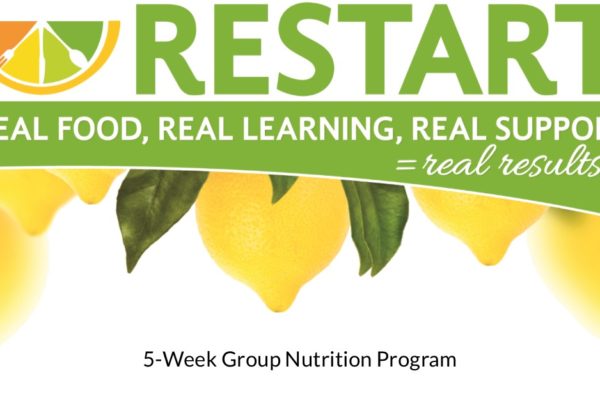 Excerpt from Principles of Healthy Diets a complimentary pamphlet offered by The Weston A. Price Foundation. Weston A. Price Foundation is a nonprofit, tax-exempt nutrition education foundation. Read our mission statement. . . Become a member and receive our lively and informative quarterly journal. Click here for a message from Sally Fallon Morell. Read our Dietary Guidelines here.
Excerpt from Principles of Healthy Diets a complimentary pamphlet offered by The Weston A. Price Foundation. Weston A. Price Foundation is a nonprofit, tax-exempt nutrition education foundation. Read our mission statement. . . Become a member and receive our lively and informative quarterly journal. Click here for a message from Sally Fallon Morell. Read our Dietary Guidelines here.
- The diets of healthy, nonindustrialized peoples contain no refined or denatured foods or ingredients, such as refined sugar or high fructose corn syrup; white flour; canned foods; pasteurized, homogenized, skim or lowfat milk; refined or hydrogenated vegetable oils; protein powders; synthetic vitamins; or toxic additives and artificial colorings.
- All traditional cultures consume some sort of animal food, such as fish and shellfish; land and water fowl; land and sea mammals; eggs; milk and milk products; reptiles; and insects. The whole animal is consumed – muscle meat, organs, bones and fat, with the organ meats and fats preferred.
- The diets of healthy, nonindustrialized peoples contain at least four times the minerals and water-soluble vitamins, and TEN times the fat-soluble vitamins found in animal fats (vitamin A, vitamin D and Activator X, now thought to be vitamin K2) as the average American diet.
- All traditional cultures cooked some of their food but all consumed a portion of their animal foods raw.
- Primitive and traditional diets have a high content of food enzymes and beneficial bacteria from lacto-fermented vegetables, fruits, beverages, dairy products, meats and condiments.
- Seeds, grains and nuts are soaked, sprouted, fermented or naturally leavened to neutralize naturally occurring anti-nutrients such as enzyme inhibitors, tannins and phytic acid.
- Total fat content of traditional diets varies from 30 percent to 80 percent of calories but only about 4 percent of calories come from polyunsaturated oils naturally occurring in grains, legumes, nuts, fish, animal fats and vegetables. The balance of fat calories is in the form of saturated and monounsaturated fatty acids.
- Traditional diets contain nearly equal amounts of omega-6 and omega-3 essential fatty acids.
- All traditional diets contain some salt.
- All traditional cultures make use of animal bones, usually in the form of gelatin-rich bone broths.
- Traditional cultures make provisions for the health of future generations by providing special nutrient-rich animal foods for parents-to-be pregnant women and growing children; by proper spacing of children; and by teaching the principles of right diet to the young.









